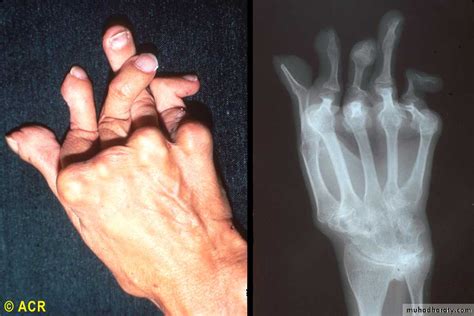Rheumatoid arthritis (RA) is a chronic inflammatory disorder that can affect more than just your joints. In some people, the condition can damage a wide variety of body systems, including the skin, eyes, lungs, heart, and blood vessels. An understanding of the dangers of untreated RA is crucial, as it involves both short-term and long-term effects and complications. Treatment options and frequently asked questions provide valuable insight for those affected by RA.
Rheumatoid arthritis and gout are both types of arthritis characterized by pain. Gout symptoms include intense pain, redness, stiffness, swelling, and warmth in your big toe or other joints, caused by uric acid crystals. In rheumatoid arthritis, it’s the immune system that causes joint damage. RA can also damage organs such as the heart and lungs. Factors including heredity may play a role in its development. RA most often occurs in people from ages 30 to 50 but can occur at any age, being more common in women than in men.
Osteoarthritis and rheumatoid arthritis are both forms of arthritis, causing swelling and tenderness of one or more joints. The main symptoms are joint pain and stiffness, typically worsening with age. RA, an autoimmune and inflammatory disease, leads your immune system to attack healthy cells by mistake, causing inflammation in the affected parts of the body. RA mainly attacks the joints, typically in the hands, wrists, and knees.
The cause of RA involves your immune system attacking your own body, mistaking parts like the synovium, membranes surrounding your joints, as harmful. This leads to inflammation that can damage the joints’ bone and cartilage. Rheumatoid arthritis affects more than your joints, with various symptoms and complications.

For more detailed information, visit Mayo Clinic, Healthline, Cleveland Clinic, Johns Hopkins Medicine, CDC, Verywell Health, and WebMD for a comprehensive understanding of rheumatoid arthritis.


